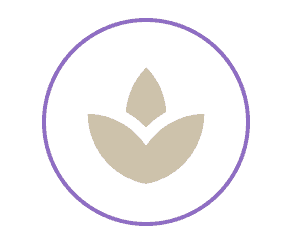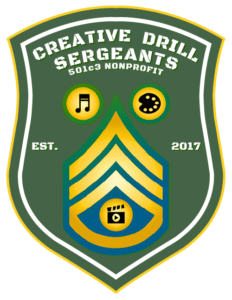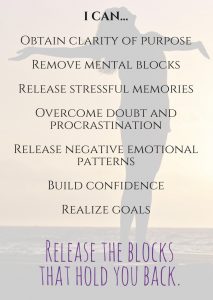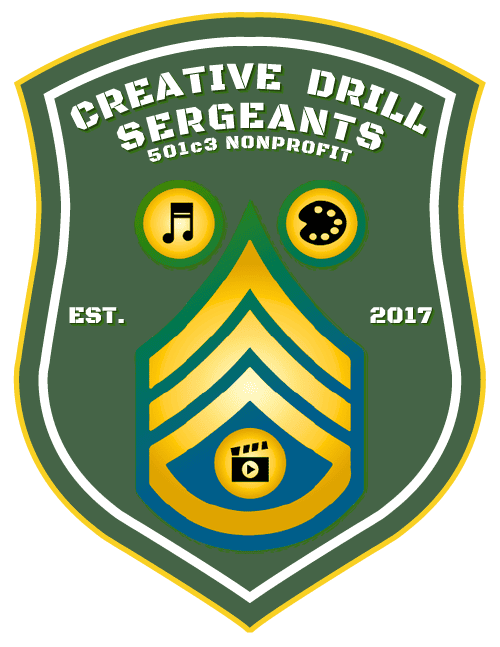CDS Presents
Women Veterans Workshops
Envision Your Vision


Aroma Freedom Technique
Surviving and Thriving by Focusing on Our Dreams and Life Goals!
We Will Be Using Vision Boards, Along with Aroma Freedom Techniques, to Envision Our Dreams and Goals Together. The Aroma Freedom Technique is a process that uses essential oils to anchor permanent shifts in our thoughts, feelings, and attitudes and will be used to introduce the healing effects of essential oils and how they can help translate into freedom from struggles that may hold us back from achieving our true potentials.
Workshop Goals: We are combining a Vision Board development exercise along with the Aroma Freedom Technique, taught by our expert Karen Janusz, to assist our women Veterans to Envision their future goals and dreams in a safe environment.
Holistic Wellness
We, coach, teach, train, inspire, challenge, and motivate our clients to seek mindfulness in their eating, strength in their bodies, and transformation in their mindset to achieve their goals and dreams and reach their highest potential.
-Karen Janusz


Winter Health and Seasonal Eating
By Karen Janusz,
Certified Nutritionist, AASDN,
Certified Personal Trainer, Yoga Instructor
Certified Brain Fitness Facilitator
Certified Aroma Freedom Technique Practitioner
The traditional Chinese system of health and disease prevention that is thousands of years old still exists today because of its beauty and simplicity. It ties together man/woman, nature and the harmonious communication between them giving them mutual health. As we embrace the concepts of the Orient and their applications to our own health, we can begin to understand the basis for imbalances in our own bodies.
In the Oriental tradition, seasonal eating forms the foundation for a wide and varied diet. Food both creates your body and serves as fuel. Depending on your climate and activity, optimum foods will vary in content and quality. To understand seasonal eating, it is important to have a basic concept of the Five Element Theory. As a primary relationship in the traditional Oriental system, it relates all energy and substance to one of the elements; Fire, Water, Metal (Air), Earth, and Wood. Each element corresponds to specific organ systems in the body, and to specific seasons, for example, Fire represents the summer element and corresponds to the heart and small intestines; Earth represents late summer and corresponds to the stomach and spleen. Water is the winter element and corresponds to the kidneys and bladder. Wood is the spring element and corresponds to the liver and gallbladder. Because of the winter season, we are currently in we will look at seasonal eating as it applies to winter and the corresponding organs, the Kidneys, and Bladder.
Winter is a more inward and sensitive time. Nature is in its resting phase, quiet and withdrawn, with root systems going deep into the earth preparing for spring. People may also find this to be a more reflective time. Winter is a time to search within, seeking replenishment, resting and reflecting.
The Winter/Water element is related to the emotional state of fear. Illnesses affecting the bladder or kidneys may generate a fearful feeling and fear itself can injure these organs according to Oriental theory. The ears are the sense organs associated with the kidneys. In traditional Oriental medicine, problems with the ears or hearing may reflect a Water element imbalance. The bones and bone marrow are body parts governed by the Water element. Hair loss and rapidly thinning hair are indicators of a Water element imbalance.
Because the weather is generally colder in the winter, a diet that produces more heat is necessary. Protein foods and complex carbohydrates are essential. Ocean fish and the sea vegetables like dulce, nori, kelp, and hijiki are high protein, low-fat, and are especially beneficial for winter menus. The sea vegetables are rich in minerals and are good additions to warming soups and stews. Foods that take longer to cook, like butter squash, or beans and lentils are also recommended for this season. Millet and buckwheat are good body heaters and less starchy than rice, wheat, barley or oats. You can also combine grains with mung beans, black beans, or lentils to create a complete protein. Red aduki beans are considered to be very beneficial for the kidneys. Miso broth is ideal to have on hand as a body warmer, and interestingly, miso and seaweed are said to act in the body to rid it of radiation, heavy metals like lead and strontium, and other toxic substances. Soybeans provide an excellent source of vegetarian protein, can be used sprouted or cooked, as soy-milk and tofu, or in the form of miso.
General Symptoms of Kidney Imbalances
- all bone problems, especially those of the knees, lower back, and teeth
- hearing loss and ear infections and diseases
- head-hair problems- hair loss, split ends, premature graying
- urinary, sexual, and reproductive imbalances
- poor growth and development of the mind and body; premature aging
- excessive fear and insecurity
Salty and Bitter:
Flavors for the Cold Season
Both salty and bitter foods are appropriate for the winter season, since they promote a sinking, centering quality which heightens the capacity for storage. Such foods also cool the exterior of the body and bring body heat deeper and lower, with a cooler surface, one notices the cold less. However, use salt with care, an excess tightens the Water organs (kidneys and bladder), causing coldness and overconsumption of water, which weakens the organs and affects the heart as well. Providing protection for the heart-mind in the winter is important and can be accomplished with the addition of a few bitter foods since their flavor is said to “enter the heart.”
Most common bitter foods include lettuce, watercress, endive, escarole, turnip, celery, asparagus, alfalfa, carrot top, rye, oats, quinoa, and amaranth. The bitter flavor is also a part of the protective coating of some foods, e.g. citrus peels and the outermost leaves of cabbage. The strongest bitter qualities are in the herbal realm. Common examples are chicory root, burdock root, horsetail, and chaparral. Roasted, ground chicory is available as a major ingredient in many coffee substitutes. Salty foods include miso, soy sauce, seaweeds, salt, millet, barley, plus any food made salty by the addition of salt. Salt is overused in the typical diet, while the bitter flavor is under-represented. Strong doses of bitter food are not needed except in the case of certain imbalances, but, small, regular amounts in the winter nurture deep inner experiences and preserve joy in the heart.
Support for the Kidney/Bladder Meridian
Young Living Supplements Young Living Essential Oils
K&B Lemon Essential Oil
Digest and Cleanse Grapefruit Essential Oil
Purification
DiGize
Peppermint
Thieves
Tea Tree
Remember, listen to your body. Take time to meditate, practice gentle yoga poses, and stretching to enhance the flow of energy throughout your body.
For more information, to schedule a Private Session and/or to order
Young Living Essential Oils and Supplements
Contact:
Karen Janusz
602-882-2976
Karen.janusz@kjholistic.com
Young Living Distributor ID 1379237
www.myyl.com/kjanusz



